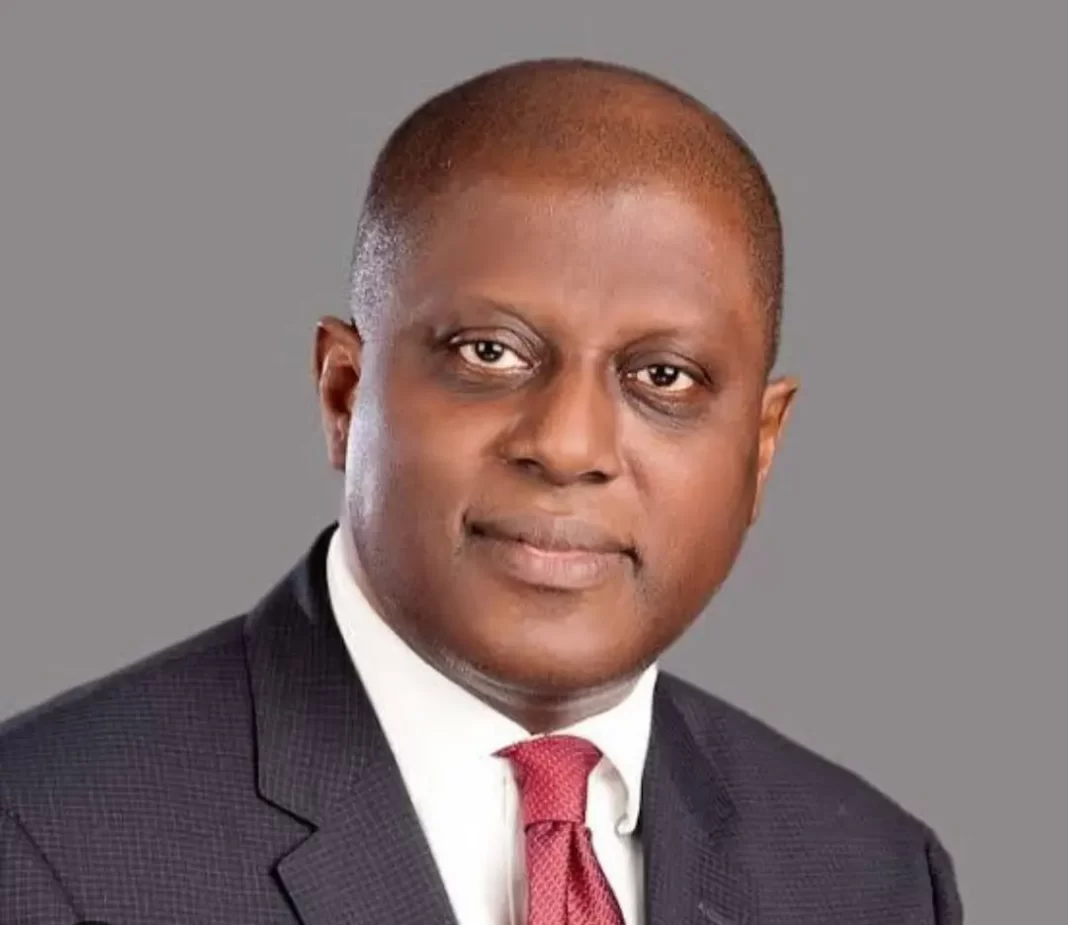The National Assembly is seeking amendments to the Central Bank of Nigeria Act 2007 to bar top officials of the apex bank from partisan politics.
Championed by the ex-lawmaker representing Abia Central Senatorial District, Darlington Nwokocha before he was sacked from office by an Appeal Court sitting in Lagos in 2023, the amendment seeks to prohibit the chairman, governor, and deputy governors of the CBN from engaging in political activities or becoming members of any political party for three years after service.
A former governor of the apex bank, Godwin Emefiele, it will be recalled, was drafted into the political arena in the run-up to the 2023 presidential election, as a group obtained the intention and nomination forms of the All Progressives Congress for him.
The development generated tension in the polity, following the introduction of the infamous naira redesign at the twilight of the former President Muhammadu Buhari administration.
In a bid to forestall such development, the Senate sought to ban officials of the apex bank from further incursion into the political arena.
A part (amended section 8) of Central Bank of Nigeria Act 2007 (Amendment) Bill 2023 read: “The Governor and Deputy-Governors shall be persons of recognised financial experience and shall be appointed by the President, subject to confirmation by the Senate on such terms and conditions as may be set out in their respective letters of appointment.
“The Chairman shall also be appointed by the President. The Chairman, Governor and Deputy Governors shall not engage in or be a member of any political party until three (3) years after disengaging from office.”
The bill also proposed that the CBN’s top executives made up of the chairman, governor, and deputy governors, shall initially be appointed for a five-year term.
However, they may be reappointed for one additional term at most five years.
A transitional clause stipulates varying terms for the initial deputy governors to facilitate a staggered leadership transition, with two appointed for three years and two for four years.
The amendment bill read “The Chairman, Governor and Deputy Governors shall be appointed in the first instance for a term of five years and shall each be eligible for reappointment for another term not exceeding five years and no more:
“Provided that, of the first five deputy governors to be so appointed, two shall in the first instance be appointed for three years and two shall in the first instance be appointed for four years.”
The proposed law also seeks to promote accountability mechanisms of the CBN Governor by mandating semi-annual reports to the parliament.
These sessions are to cover the broad spectrum of the CBN’s monetary policy efforts, activities, objectives, and future economic development prospects.
The amendment bill created a new Board of Directors for the bankers’ bank, aimed at injecting a new range of expertise and ensuring robust oversight.
The amendment further read, “There shall be for the Bank a Board of Directors (in this Act referred to as “the Board”) which shall be responsible for the policy and general administration of the affairs and business of the Bank.
“The Board shall consist of (a) Chairman; who shall be a renowned professional in Accounting, Finance or Economics that has served as a Chief Executive of a regulatory agency in Nigeria and has deep insight of the operations of the Central Bank of Nigeria in the course of his regulatory functions.
“(b) the Governor; (c) Five Deputy Governors (of which one shall be appointed from each region other than the region where the Governor comes from); (d) the Permanent Secretary, Federal Ministry of Finance; (e) five non-executive Directors; and (f) Accountant-General of the Federation.
“The Board shall, from time to time (a) keep the President informed of the affairs of the Bank, including a report on its budget; and (b) make a formal report and presentation on the activities of the Bank and the performance of the economy to the relevant Committees of the National Assembly.”
Punch
